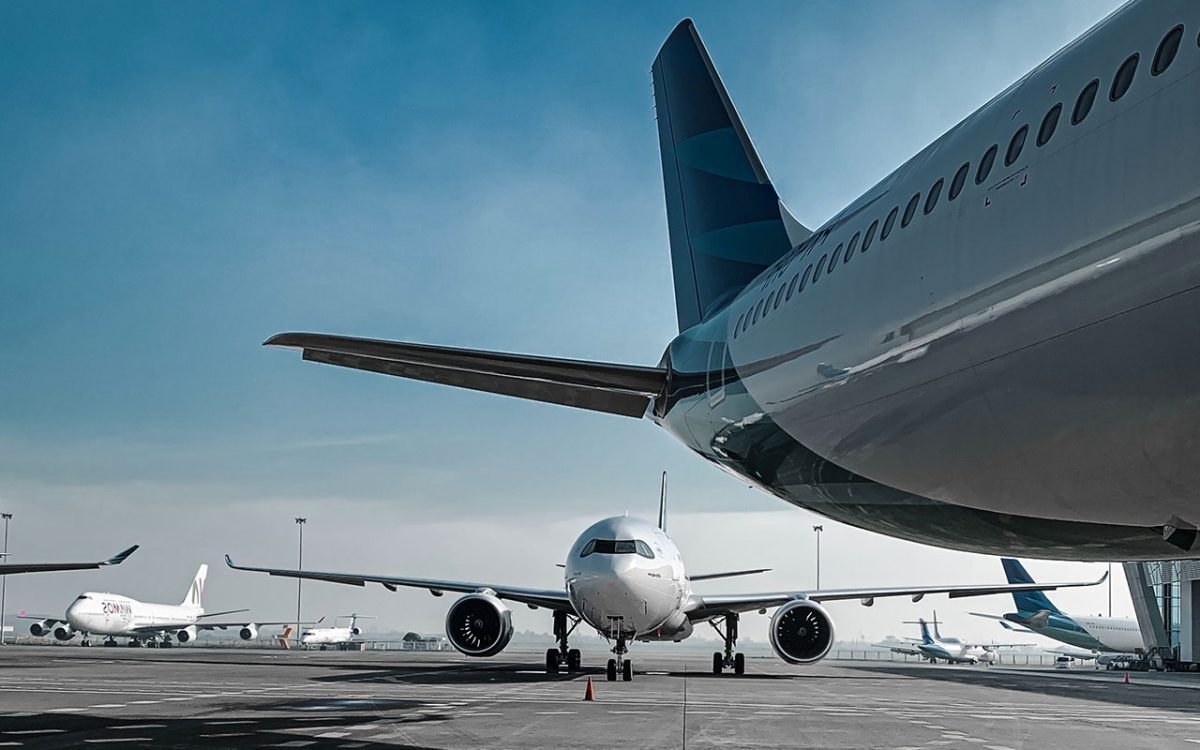
Ever wondered how airlines keep track of their performance? Airline industry reports hold the key. These documents are packed with data about flights, passengers, revenue, and much more. They help airlines make smart decisions, improve services, and stay competitive. But what exactly do these reports reveal? From on-time performance to customer satisfaction, they cover a wide range of topics. Understanding these reports can give you a peek behind the curtain of the aviation world. Ready to learn some surprising facts? Buckle up as we dive into the world of airline industry reports and uncover what makes them so crucial.
Key Takeaways:
- The airline industry has come a long way since its first commercial flight in 1914, with technological advancements and economic impact shaping its evolution.
- Despite its success, the airline industry faces challenges such as fuel costs, environmental regulations, and the impact of the COVID-19 pandemic, which have significantly affected its operations.
The Evolution of the Airline Industry
The airline industry has undergone significant changes since its inception. From the first commercial flight to the latest technological advancements, this sector has a rich history.
-
The first commercial flight took place on January 1, 1914, between St. Petersburg and Tampa, Florida. It lasted 23 minutes and carried one passenger.
-
In 1952, the de Havilland Comet became the first commercial jet airliner, revolutionizing air travel with faster speeds and higher altitudes.
-
The introduction of the Boeing 747 in 1970 marked the beginning of the jumbo jet era, allowing airlines to carry more passengers over longer distances.
Technological Advancements in Aviation
Technology has played a crucial role in shaping the airline industry. From safety improvements to passenger comfort, advancements have made flying more efficient and enjoyable.
-
Modern aircraft are equipped with advanced avionics systems, including GPS and autopilot, which enhance navigation and safety.
-
In-flight entertainment systems have evolved from overhead screens to individual seatback monitors, offering passengers a wide range of movies, TV shows, and games.
-
The development of more fuel-efficient engines has helped airlines reduce their carbon footprint and operating costs.
Economic Impact of the Airline Industry
The airline industry significantly impacts the global economy, providing jobs and facilitating international trade and tourism.
-
The industry supports over 65 million jobs worldwide, including pilots, flight attendants, ground staff, and maintenance crews.
-
Air transport contributes approximately $2.7 trillion to the global economy, accounting for 3.6% of the world’s GDP.
-
Airlines play a crucial role in tourism, with over 1.4 billion tourists traveling by air each year, boosting local economies and creating jobs.
Challenges Faced by Airlines
Despite its growth and success, the airline industry faces numerous challenges, from economic downturns to environmental concerns.
-
Fuel costs account for about 20-30% of an airline's operating expenses, making them vulnerable to fluctuations in oil prices.
-
Airlines must comply with stringent environmental regulations to reduce emissions and noise pollution, which can be costly and complex.
-
The COVID-19 pandemic severely impacted the airline industry, leading to massive financial losses, layoffs, and a significant drop in passenger numbers.
Final Thoughts on Airline Industry Reports
Airline industry reports are packed with valuable insights. They help airlines make better decisions, improve operations, and enhance customer satisfaction. These reports cover everything from financial performance to passenger trends. They also highlight areas for improvement and opportunities for growth. By understanding these reports, airlines can stay competitive and adapt to changing market conditions. Whether you're an industry professional or just curious about how airlines operate, these reports offer a wealth of information. They provide a clear picture of the industry's current state and its future direction. So, next time you fly, remember there's a lot of data and analysis behind that smooth journey. Airline industry reports are more than just numbers; they're the backbone of a complex and dynamic industry.
Frequently Asked Questions
Was this page helpful?
Our commitment to delivering trustworthy and engaging content is at the heart of what we do. Each fact on our site is contributed by real users like you, bringing a wealth of diverse insights and information. To ensure the highest standards of accuracy and reliability, our dedicated editors meticulously review each submission. This process guarantees that the facts we share are not only fascinating but also credible. Trust in our commitment to quality and authenticity as you explore and learn with us.


